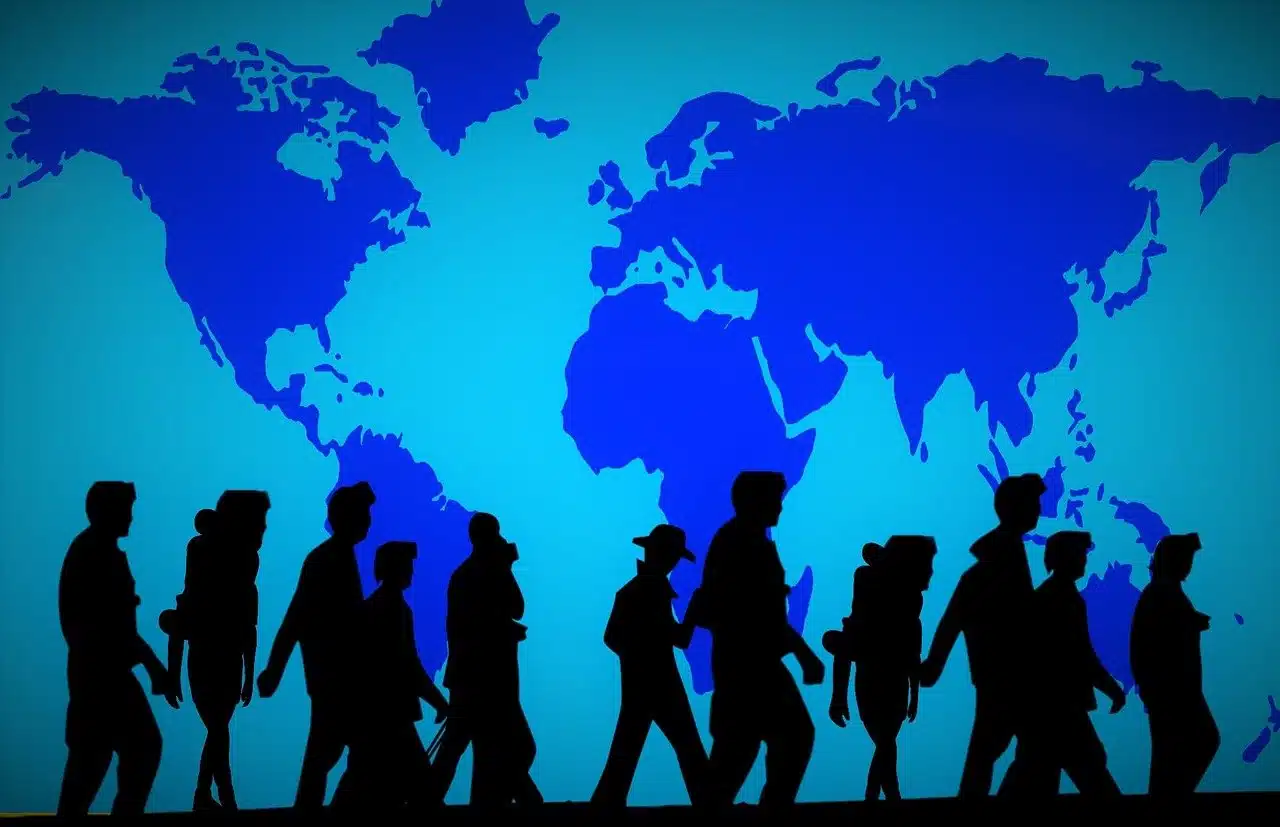
A displacement involves moving from one place to another.
Displacement is the act of moving and its consequences. This verb, on the other hand, has various uses: it can refer to moving from place to place , removing someone from a position or traveling from one place to another, among other issues.
For example: "The movement through the city was chaos: there were street blockades and demonstrations in various sectors" , "The president decided to remove the Minister of Justice due to his controversial statements" , "Can you help me with the movement of the table ? We would have to leave it by the window .
People and any object are susceptible to movement. It could be said that a man traveling by train to his office, a child walking to his grandmother's house or a woman leaving her bedroom to go to the bathroom are carrying out different types of movement. At the same time, a package that is carried by mail from one house to another or a desk that is pushed into a room to give it a new place are also displacements.
Types of displacement
The concept of internal displacement is linked to people who, due to a natural disaster , a war or another crisis situation, are forced to leave their homes. Displaced people remain within their country, a condition that differentiates them from refugees (who request asylum in other nations).
On the other hand, for psychology, displacement is a type of defense that the unconscious develops, redirecting certain emotions that are taken as dangerous towards some tolerable mental representation.
In physics, the term is used to refer to the path that an object travels, taking into account the starting point, its final position and the time in which it developed said path. It is said to be a vector quantity , which indicates that the main elements that will make it up will be magnitude and direction .

The displacement of people may be forced by war, a natural disaster or another reason.
The exile
There are other concepts related to displacement, one of them is forced displacement , also known as exile , which refers to an entire population or community that is forced to leave the place they live in due to major causes that threaten life. or security, such as wars or death threats.
In some cases forced displacement occurs in territories where misery reigns, however in most cases it occurs in places with great resource potential, but where powerful nations are disputing sovereignty . In Colombia, those responsible for the large mass of forced displacements that have been carried out in recent years are the paramilitary groups and the State security forces.
The main consequences of forced displacement are social disintegration (individuals disperse to other places in search of stability) and family breakdown (some families are forced to separate due to extreme danger). The feeling of lack of protection and the loss of the feeling of belonging create an emotional void and a lack of support to satisfy needs and face difficulties.
Chemical shift
A chemical shift , for its part, is the phenomenon that occurs due to the repetition variation in the resonance of a nucleus with respect to the theoretical frequency. It is symbolized by the letter "d".
It is important to note that the higher the force field that is applied, the greater the field known as induced. Taking into account the values of both fields , a relative scale can be acquired that will allow knowing the hypothetical results to be obtained. The factors that participate in the displacement are the two nuclei (proton and Carbon-13).
